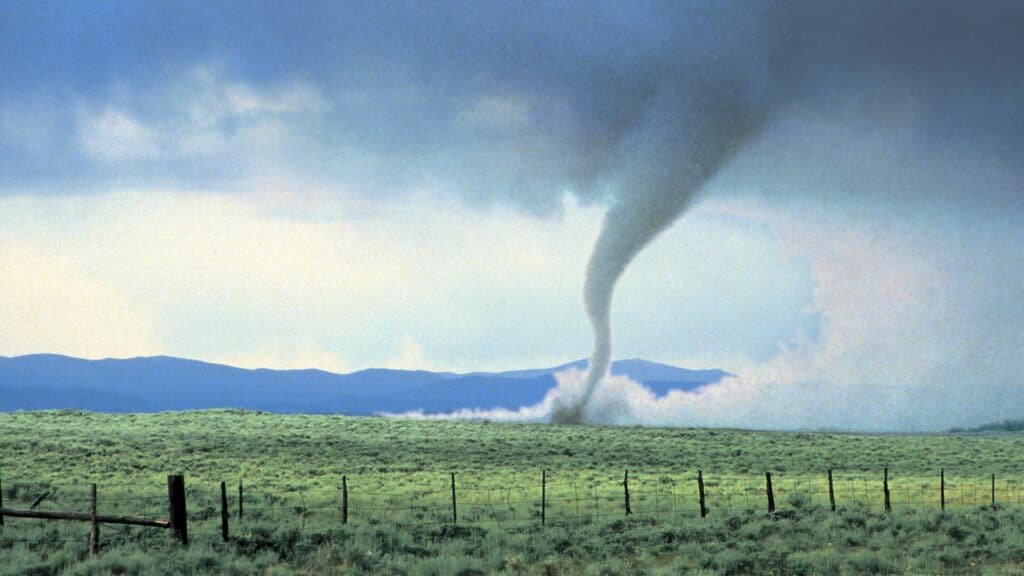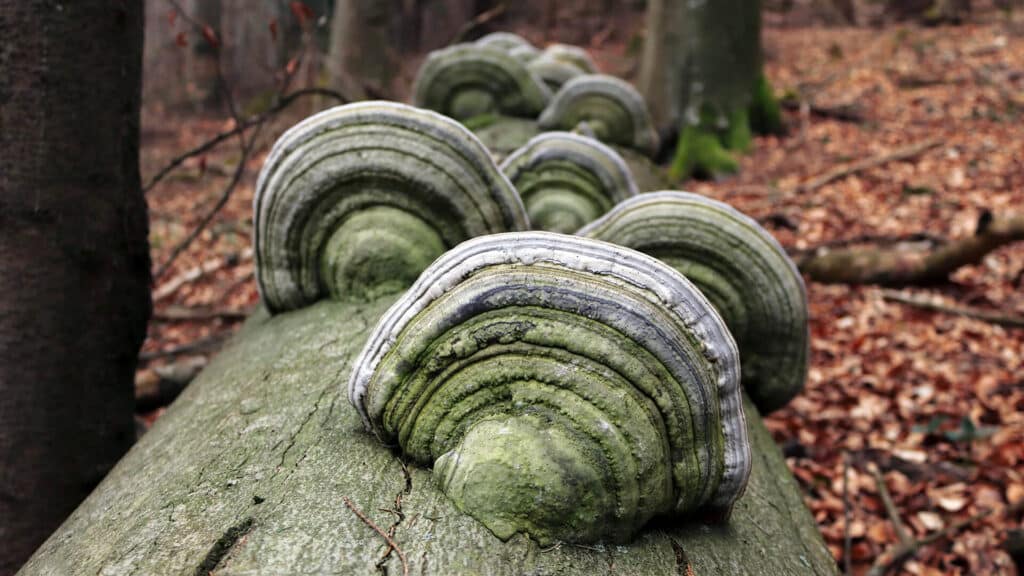Colossal Biosciences, a Dallas-based biotech company, has announced the birth of three genetically engineered wolf pups—Romulus, Remus, and Khaleesi—claiming them as the “world’s first successfully de-extincted animals.” These pups exhibit traits reminiscent of the extinct dire wolf, Aenocyon dirus, which roamed the Americas during the Late Pleistocene epoch and disappeared over 10,000 years ago.
The company’s scientists utilized a combination of cloning, ancient DNA analysis, and gene-editing technologies to modify the genes of gray wolves, the closest living relatives to dire wolves. They extracted DNA from a 13,000-year-old tooth and a 72,000-year-old skull, then analyzed it to pinpoint key genetic differences. By editing 14 specific genes in gray wolf cells, they recreated roughly 20 traits linked to dire wolves, including larger size, broader heads, and thicker fur.
Romulus and Remus, both males, were born on October 1, 2024, while Khaleesi, a female, followed on January 30, 2025. The pups now live in a secure, undisclosed 2,000-acre ecological preserve, where a team of veterinarians monitor them closely.
Beth Shapiro, Colossal’s chief science officer, emphasized that the goal was not to resurrect exact replicas of extinct animals, but to produce functional equivalents.
“We aren’t trying to bring something back that’s 100 percent genetically identical to another species. Our goal with de-extinction is always create functional copies of these extinct species. We were focusing on identifying variants that we knew would lead to one of these key traits,” Shapiro told CNN.
The project has ignited ethical and scientific debates. Critics argue that the resulting animals are not true dire wolves but genetically modified gray wolves exhibiting some dire wolf characteristics, as reported by Vox. Concerns have been raised about the welfare of surrogate animals, potential ecological risks, and the possibility that such efforts might divert attention from conserving currently endangered species.
Colossal Biosciences is also pursuing the de-extinction of other species, including the woolly mammoth and the Tasmanian tiger, as part of its broader mission to restore lost biodiversity and support conservation efforts.











